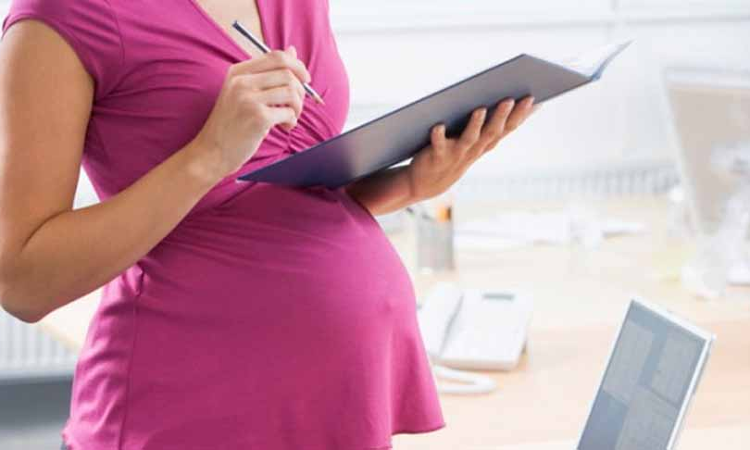The Kerala High Court on Tuesday held that short artificial breaks in service between successive contracts cannot be used as a device to deny maternity rights to the employees.Justice Raja Vijayaraghavan noted that as per the Government Order dated January 2021, the employee should have "actually" worked for a period of not less than 80 days immediately preceding her expected date of delivery...

